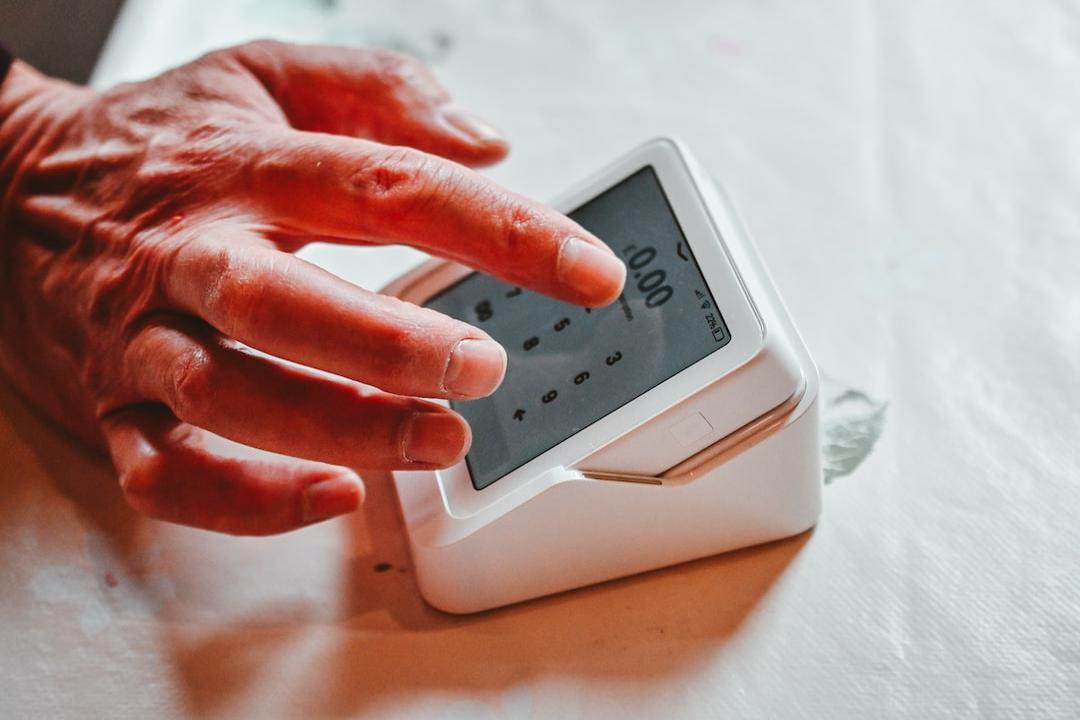The future has arrived with the introduction of an advanced robot that can serve coffee and ice cream, all powered by blockchain technology. This groundbreaking innovation was demonstrated at Token2049 in Dubai, where Peaq, a layer-1 blockchain for DePIN and Machine RWAs, alongside XMAQUINA and ELOOP, showcased the tokenization of autonomous value-generating robots.
The live demonstration of the robo-cafe involved serving coffee and soft serve to attendees, while also allowing users to earn crypto rewards for each cup sold through XMAQUINA’s machine pool.
XMAQUINA utilizes Peaq IDs for identity management and incorporates peaq’s Modular DePIN Functions to enhance its architecture. By looking up the robo-cafe’s Peaq ID via Subscan, users can access all the transactions.
Peaq’s layer-1 is responsible for the smart contracts that power the business logic and enable the setup of machine pools. The first pool launched represents the revenues generated by a tokenized automated robo-cafe located strategically in Europe. Token holders will receive a portion of the earnings from each cup sold.
Mauricio Zolliker, the co-founder and CEO of XMAQUINA, explained that the company chose a DePIN-based coffee-serving robot to demonstrate how Web3 technologies can facilitate human management of automation. With automation projected to eliminate millions of jobs by 2030, XMAQUINA aims to use robots and decentralized technology to provide individuals with a stake in automation rather than being victims of its consequences.
By tokenizing revenues generated by DePINs of autonomous robots, people can become stakeholders in automation and even become entrepreneurs. Zolliker emphasized that this approach stimulates economic growth by incentivizing the creation of new businesses and job opportunities.
XMAQUINA leverages Peaq’s identity management system for users to interact with the robots and technology. Peaq IDs enable machines to interact with the blockchain and redistribute rewards securely and trustlessly. Usage data can also be stored on-chain for maintenance purposes, ensuring the protection of user data in line with conventional protocols.
Looking to the future, Zolliker stated that the DePIN model can be applied in various sectors, including logistics and delivery, agriculture, manufacturing, service and hospitality, construction, and environmental monitoring. He reassured that people should not fear robots taking their jobs when they have the opportunity to earn from these robots.
In summary, the integration of blockchain technology and autonomous robots has paved the way for a future where individuals can benefit from automation rather than being adversely affected by it. This innovative approach not only provides economic opportunities but also fosters wider economic growth and job creation.

